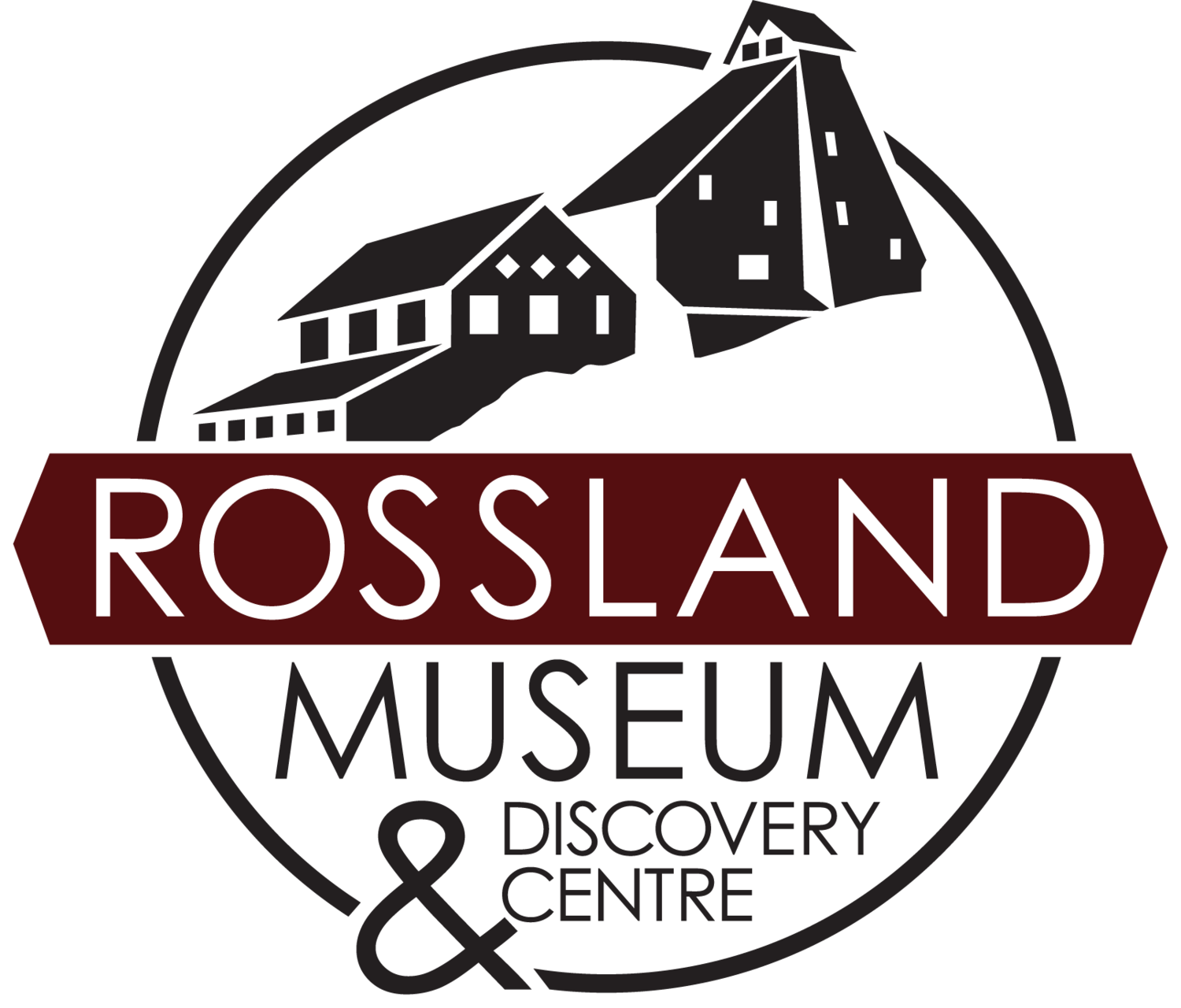March 2021 Ecology Club Update
Rossland Museum Ecology Club Update
We’ve started an Ecology Club here at the Museum! The purpose of this club is to develop a local community resource within the RMDC focused on our local ecology. To start, our particular focus is botany, but we know that botany is only one part of our local ecosystem, so it’s important to leave room to expand and grow our focus. Our aim is to educate, nurture, protect, and encourage further understanding of our local ecology, in collaboration with local experts and supporters.
So far…
Last September, we had our first club activity: a seed collecting workshop. A very small group of botany enthusiasts from amateurs to experts gathered on September 24, 2020 at the Museum to participate in a seed collecting workshop led by Valerie Huff from the Kootenay Native Plant Society. We had a great time out exploring around the Museum area collecting seeds and learning about local species and seed collecting methods. A huge thank you to Valerie for sharing your wisdom and passion with us! The global pandemic forced us to keep the group small, but thanks to Ivy Miller and Nicole Coenen, we can share some of that workshop with you below!
We are already gearing up to plan our projects for the upcoming spring/summer, including a big overhaul of the Heritage Garden, and we have many more exciting projects that we need lots of help with!
Upcoming projects:
Heritage Garden: We would like to expand and rebuild the existing garden to protect the plants from rodents. For summer 2021, we’re planning to build some new raised garden beds in an “overflow” section and move the plants in the garden out to these beds in the “overflow” section just outside of the fence. Then, we will rebuild the existing garden over the summer, armouring it against rodents, and then move what plants we want from the overflow garden back into the main garden in August, along with new plants that we want to include in the redeveloped main garden. We envision that the Garden is the space in which we’ll be able to play around, experiment, and have kids programs as part of our existing programming (summer camps, school programs, etc.). It will also be the place where we curate an interactive exhibit of the history of gardens/gardening in Rossland over the past century.
Upper-Level Redevelopment: The museum has two benches (also referred to as levels) on its 5-acre property - the lower bench (the area that the main museum building is on), and the upper bench (where the garden currently is as well as our outdoor displays). The upper bench/level redevelopment plan is inevitably a multi-year project but there are some things that we can focus on right away. Museum staff would like to focus on bees, bats, and butterflies as a priority and exploring an outdoor programming space, but we can sort out what is the best use of our time and resources for now. This project will start with a full assessment of the upper-level area ecosystem - identifying priorities, areas of improvement, and opportunities, and creating a plan for rolling out this many-part rewilding project.
Ideas for speakers or topics that we should include in our summer speaker series related to our local ecosystems.
Participate!
To join the RMDC Ecology Club, please send your contact information to Sarah T via email or give her a call at the Museum: 250-362-7722.
Please feel free to share this information with anyone who may be interested.
Useful resources:
The Kootenay Native Plant Society has SO many useful resources including book recommendations, ethical guidelines for the collection and use of native plants, and much, much more.
Rossland Society for Environmental Action (RSEA) is a non-profit society formed to support the delivery of environmental projects in Rossland and the surrounding area.
Their goals are to:
1. To support environmental initiatives that foster healthy communities within Rossland and the surrounding area,
2. To encourage innovative and collaborative approaches to environmental sustainability within Rossland and the surrounding area, and
3. To support food and water issues and projects that impact or benefit Rossland's environment and the surrounding area
Bees to Bears Climate Adaptation Project (Yellowstone to Yukon Conservation Initiative)
The Bees to Bears climate adaptation project clearly demonstrates how local, on-the-ground, collaborative work can result in a much larger, and positive impact for nature.
